The colour and style of Goodwood, were better than ever this year! The event has grown over the years, and what with the favourable weather the numbers seemed even larger than before. Of course, this was good news for the many stalls in the village, as most of them were doing a roaring trade. The ice cream vans were particularly busy over the weekend!
Over the three days, no fewer than 150,000 spectators attended the Revival. Ticket pricing and packages were launched in October-November 2018, and it is the Saturday tickets that tend to sell out first, quite early in the New Year. Then the three-day passes usually sell out by Easter, and the Sunday tickets are usually all taken up about a month before the event with Friday usually filling up in the last week or two before the event. Goodwood hasn’t sold walk-up tickets to the Revival since 2003!
The great thing about the Goodwood Revival, is that almost all of the patrons get into the swing of the event, and dress in the style of the period, which is mostly between the 1940s to 1960s. There were for example, a lot of military personnel there (at least, dressed as such) which made one feel very safe in the event of an invasion. Many of the ladies donned the swinging style of the ‘60s, and this ranged from those who were present in the period as well as some younger lasses who were now in their teens.
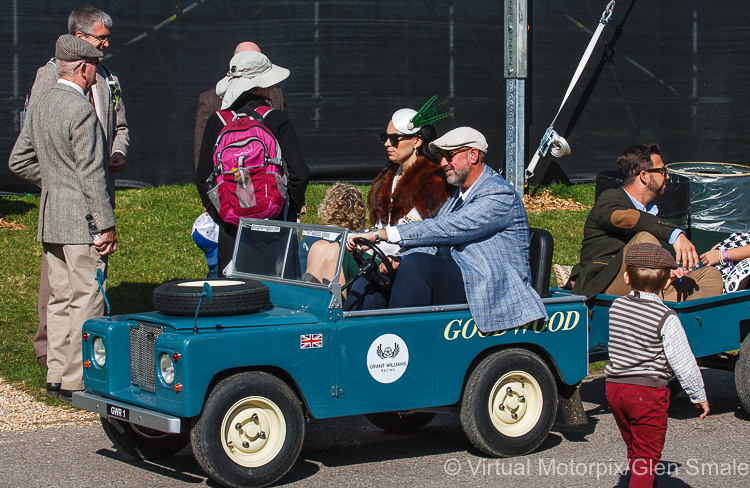
Looking along the embankments, families brought along just about everything bar the kitchen sink, and they set up trestle tables with all manner of lavish dishes. With picnic tables, or with blankets spread on the ground, the folk really got into the swing of the event. One thing I noticed throughout the weekend, was that I didn’t see anybody with a grumpy attitude, which just goes to show that the swinging ‘60s was really a happy go lucky decade. People were polite and tolerant, in the most part, which makes such a pleasant change from everyday life.
To ensure things run smoothly on the day, the Revival team is made up of folk who have full time jobs within the Goodwood operation, as well as support staff and a myriad of volunteers who make the whole operation come together seamlessly. For the record, there were 250 actors, 250 staff and 280 waiters/waitresses dressed through the weekend. In total, there are 10,000 items used in the costume department including the Duke’s Ball on Saturday night (this year’s theme was Grimm fairy-tales). There were 30 areas that were ‘dressed’ in period style including the paddock, bars, hospitality suites, laundrette, tobacconists and of course the Press Centre. In the Spitfire Bar, all of the photographs of aircraft and pilots were of men and machines that served at RAF Westhampnett during 1940-45.
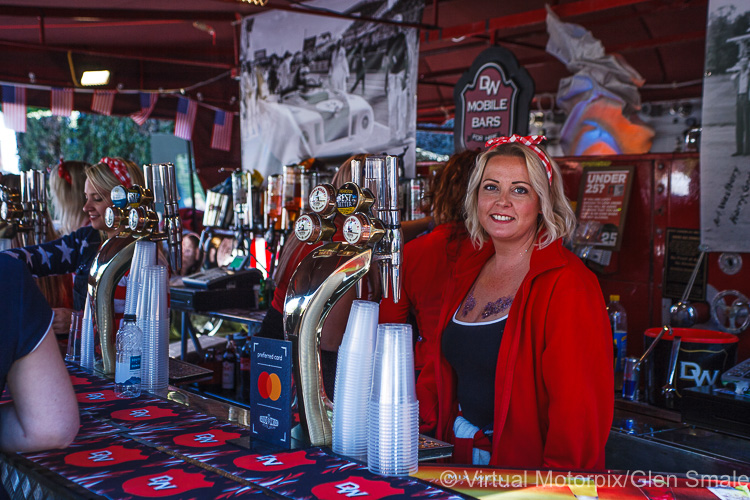
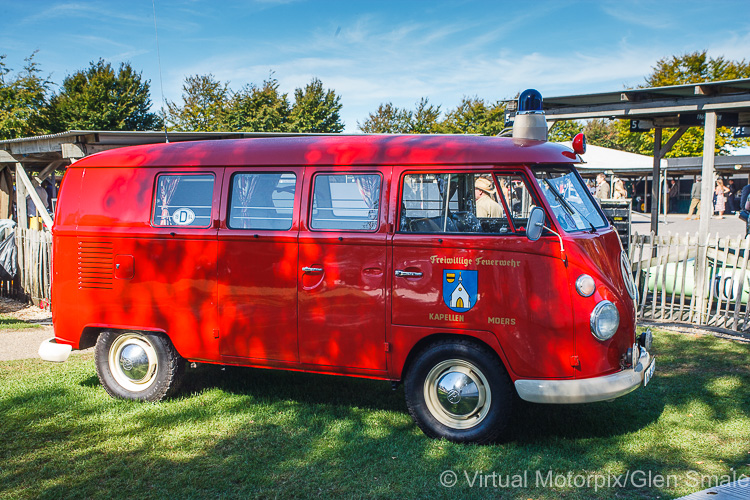
There were more than 850 cars on site which included 350 racing cars and motorcycles, plus the aeroplanes of course. This total of 850 included all the cars that the Content team organised including all of the static display areas, the racing cars and bikes, the VIP transportation and the 120+ Minis.
Credit Suisse Historic Racing Forum
The Race Control building at the Goodwood Revival was packed on Saturday 14 September as VIPs and members of the media descended upon the iconic venue for the much-anticipated Credit Suisse Historic Racing Forum. Now in its tenth year, this event within an event, has proved extremely popular, and often the only way to get in (standing room only if you’re a bit late), is to wait for someone else to leave!
This year the panel consisted of Derek Bell MBE, Jochen Mass, Alain de Cadenet and Professor Gordon Murray CBE, all of whom shared their memories of the 1970s.
The racing legends provided a unique insight from the perspectives of driver, designer and team owner. Broadcaster Bruce Jones kicked off the lively forum which opened with evocative stories of the Nürburgring Nordschleife. Jochen Mass, who could have won the 1976 German Grand Prix there, recalled that it was ‘the best in the world – just fantastic’, while Bell added that, as a driver, you were ‘over the edge quite frequently.’
This was a decade in which Bell took the first of his five Le Mans victories, and where Mass won the Spanish Grand Prix. Alain de Cadenet scored a number of significant results in the World Sports Car Championship, while Gordon Murray thrived in a period of great technological advances, designing the legendary Brabham ‘fan car’ as a rapid response to the ground-effect Lotus 79. The 1970s was a decade in which Murray’s genius was given free rein after he joined Bernie Ecclestone’s Brabham team. “I knew I was chief designer,” he said with a smile, “because when I turned around there was no one else in the office! It was the best decade for me as a designer because there was so much freedom. You could have an idea one day, draw it the next day, get it on the car and go one second quicker. I’d hate to be doing it now, chasing tenths of a second after hundreds of days in the wind tunnel.”
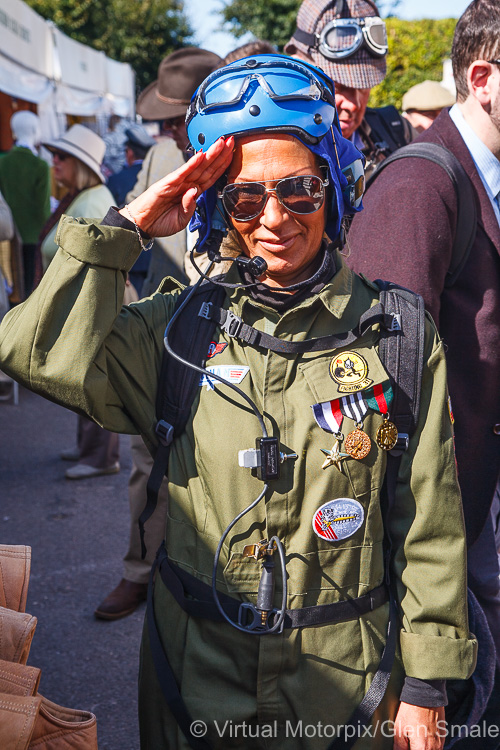
It was also a decade in which a privateer such as Alain de Cadenet could take on – and beat – the mighty factory teams. “You could do things as amateurs that you can’t do today,” he said. “It was dangerous, for sure, but it was so much freer.”
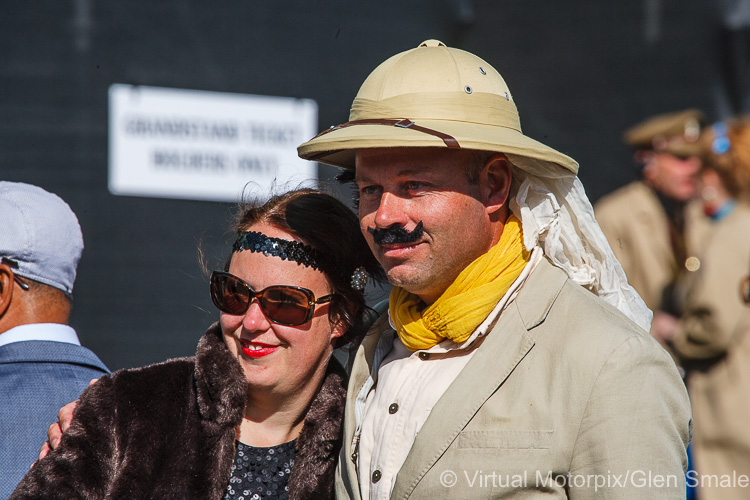
Over the past decade, Credit Suisse has built a network of friends and enthusiasts who share a passion for classic cars. Its partnership with outstanding classic events, including its own rallies and collection of historic vehicles, underline Credit Suisse’s commitment to the classic car scene, and long may it continue.
Media coverage
Taking this event to the world, were no fewer than 581 accredited journalists and photographers from the UK, Norway, Poland, China, Japan, Australia, USA, France, Czech Republic, Germany, Belgium, Switzerland, Spain, Denmark, Austria, Sweden, South Africa, Greece, Hong Kong, Argentina, Ireland and the Netherlands. There were also thirty broadcasters for Highlights, ten crew at Revival including ITV This Morning, ITV Meridian, BBC Wales, from as far afield as Australia, China, France, Germany and the USA.
The Media Centre which housed the journalists, photographers and TV crew, was literally brimming with people and equipment. But this is the norm in a busy media centre, and those seasoned in covering such international events are used to working with their colleagues who come armed with large cameras, full screen monitors and other equipment. The Goodwood team did an excellent job of keeping the peace and fielding the many questions as to where something was, or how to get here or there. The media facilities were typically open from 07h30 each morning through until 19h00 or 20h00 in the evening.
Looking forward…
Having missed the Revival for the last few years, due to other work or travel commitments, I am so pleased that I was able to secure accreditation once again this year. The Revival is going to become a firm fixture on my annual calendar of events to cover in the future, it is just too rich culturally and historic racing wise to miss. Until 2020 then…
Written by: Glen Smale
Images by: Virtual Motorpix/Glen Smale and Matt Sills


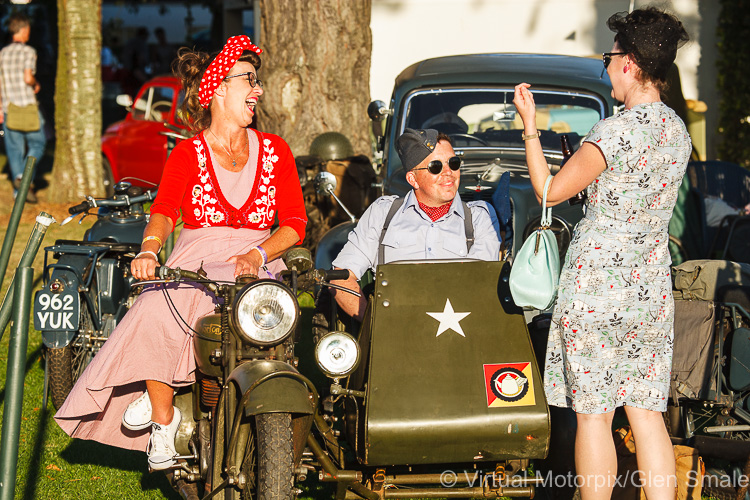
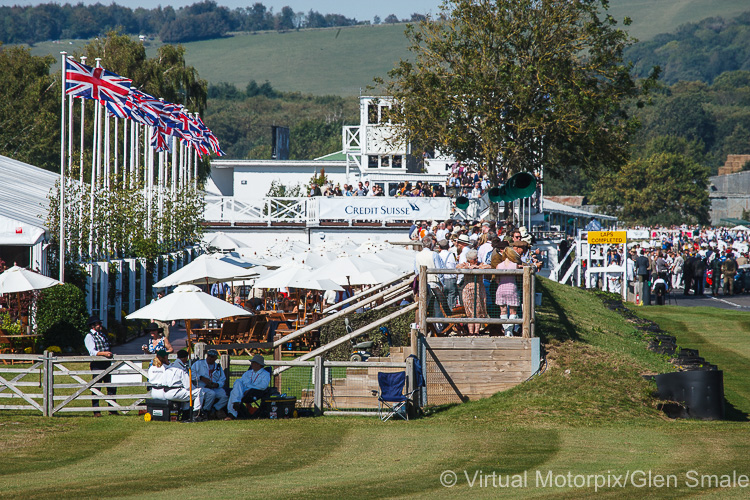
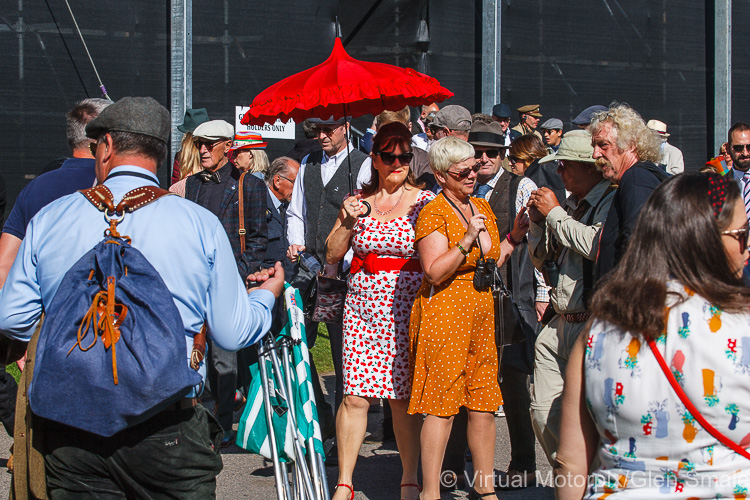
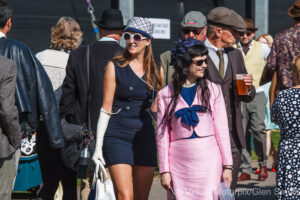
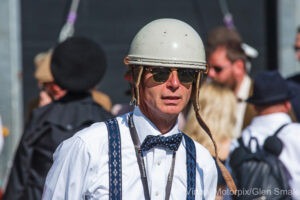
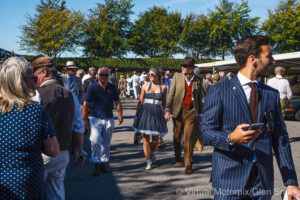
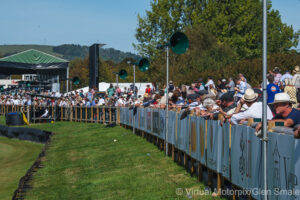
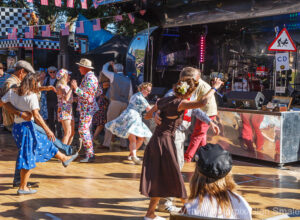
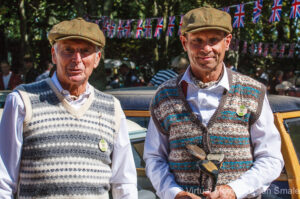
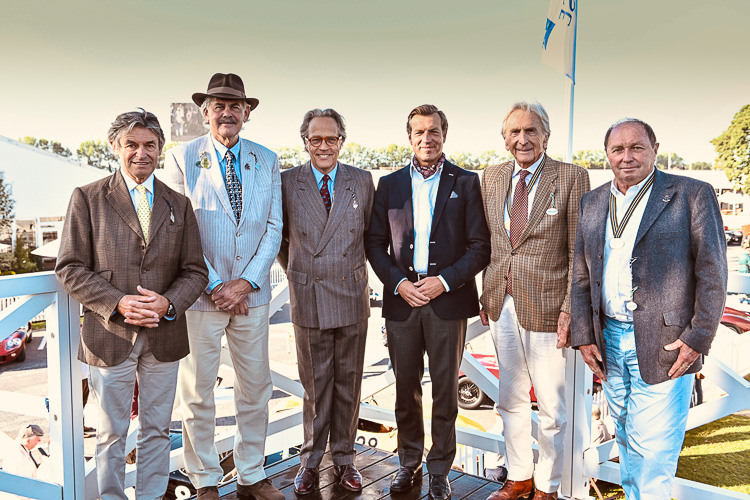
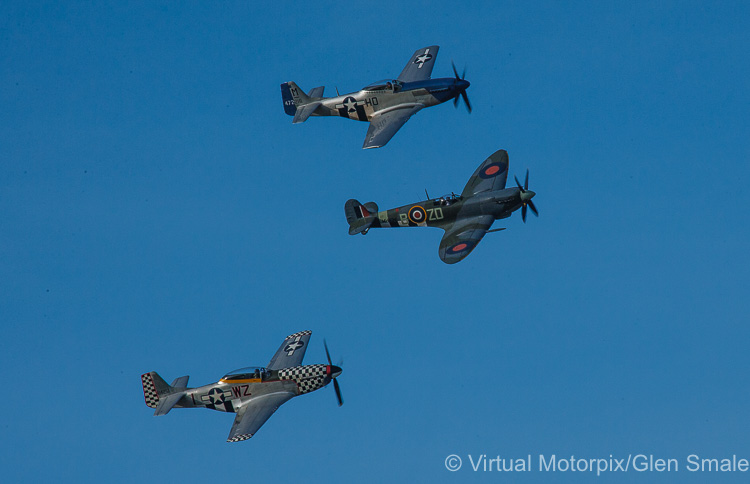
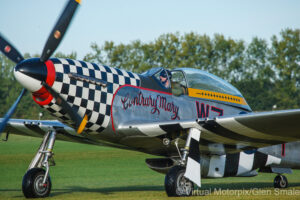
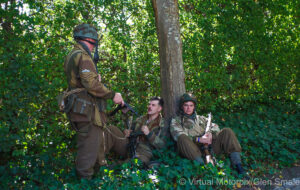
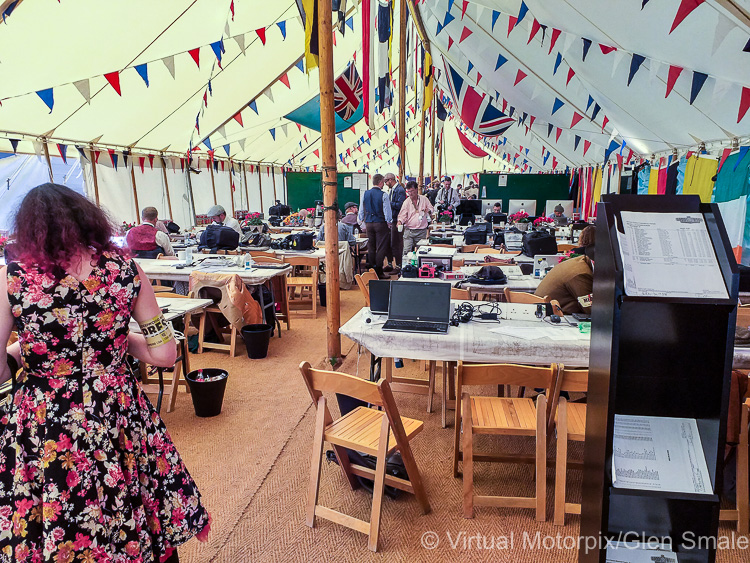
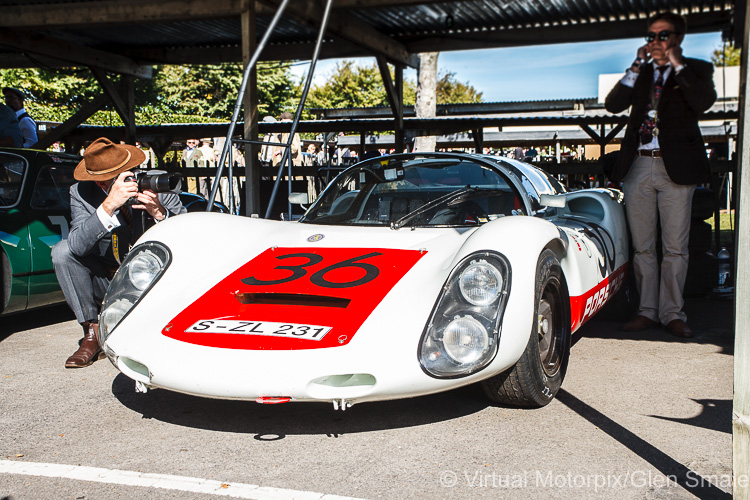
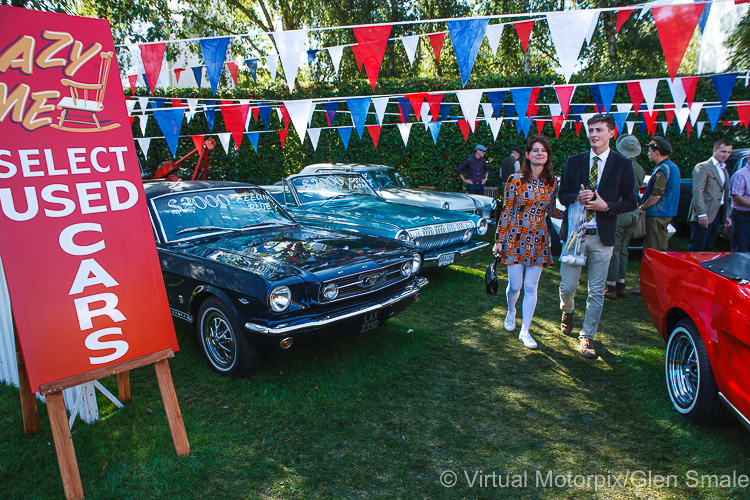
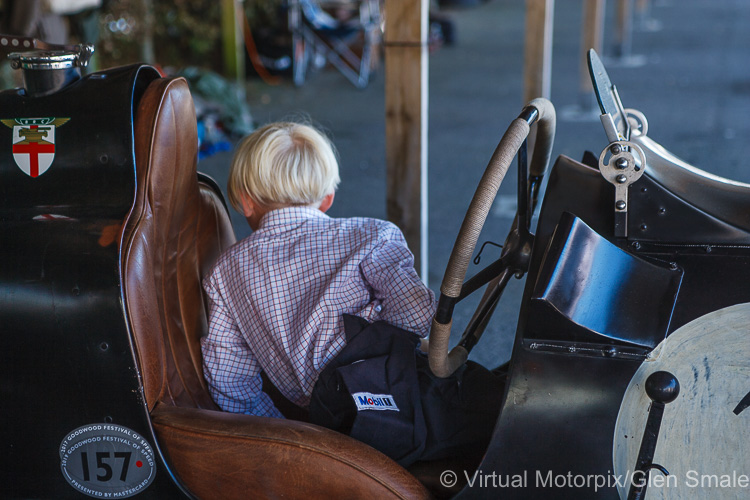

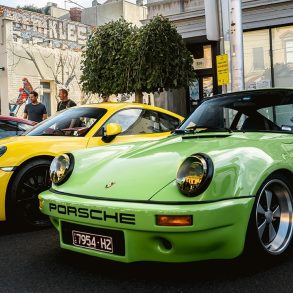
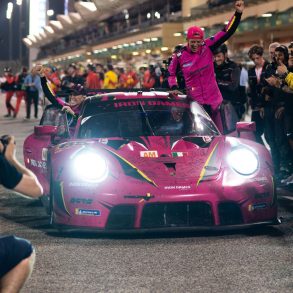
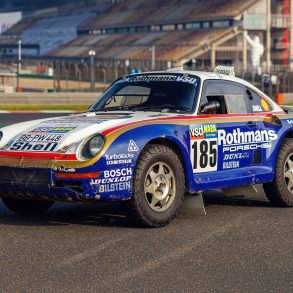
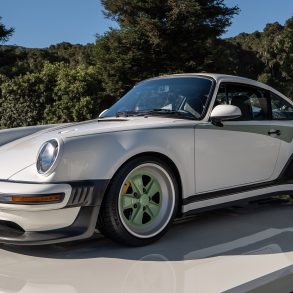
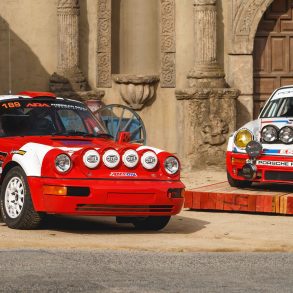
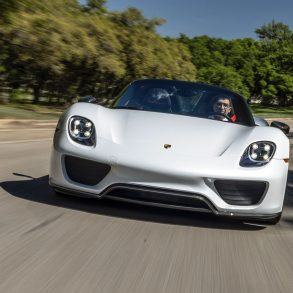

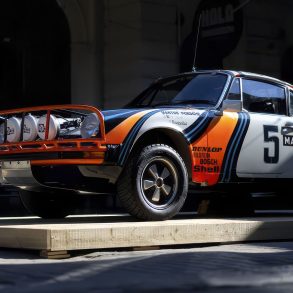
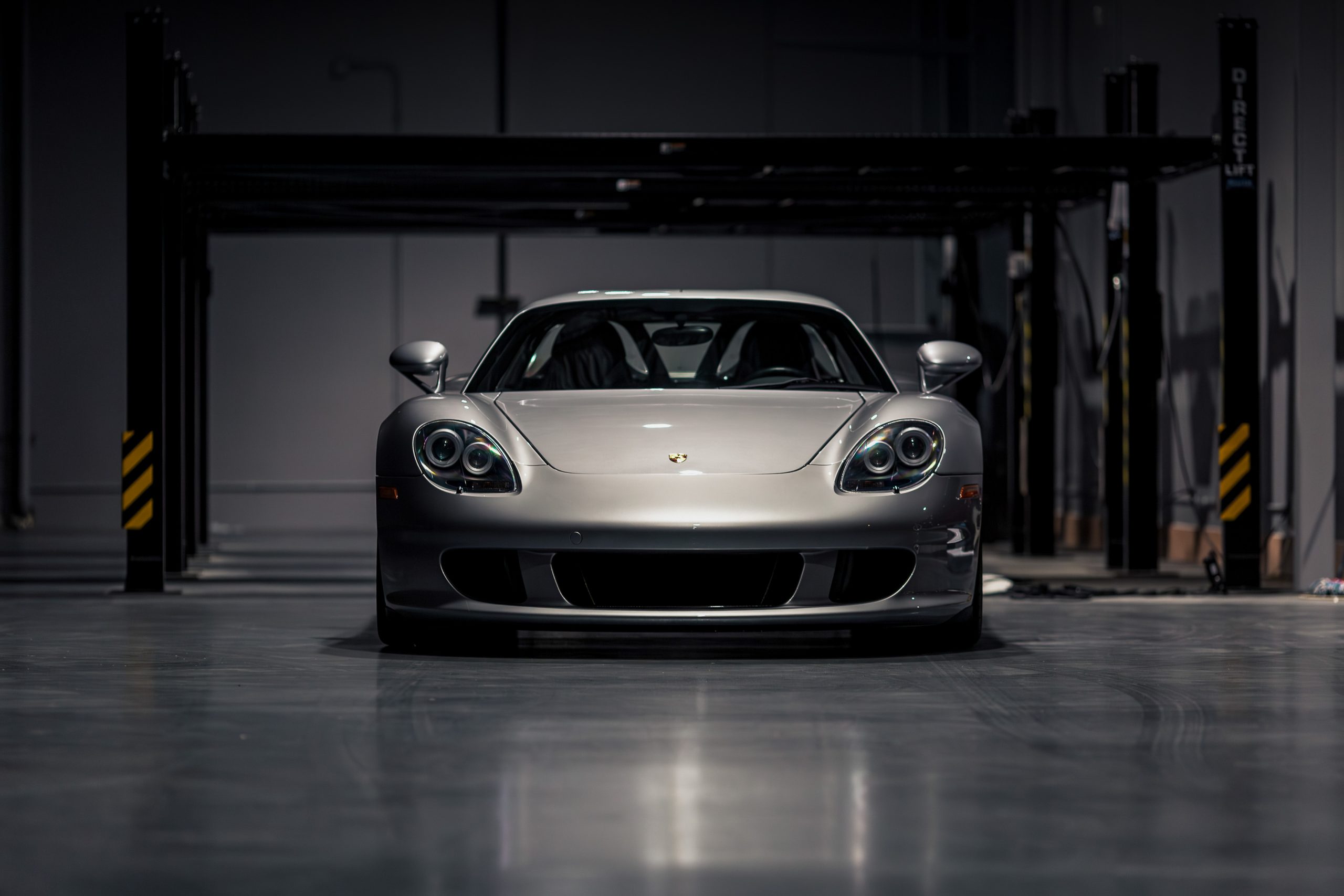
Looks like a great event. Seems to be just as crowded as the Festival of speed?
0
Yes it is a great event. They get similar numbers to the Festival, but at the Revival everyone is just spread out a bit more around the track. This one must be on your list for 2020!!
0